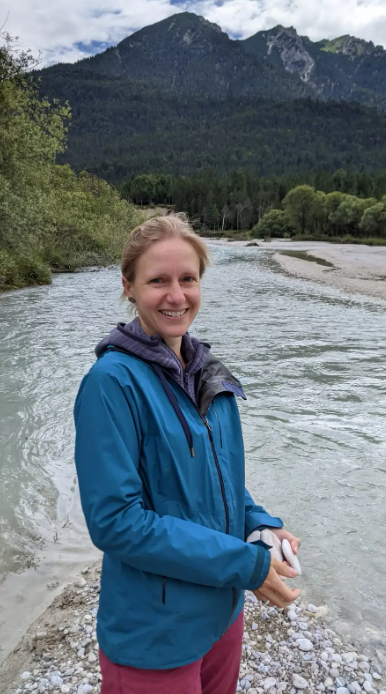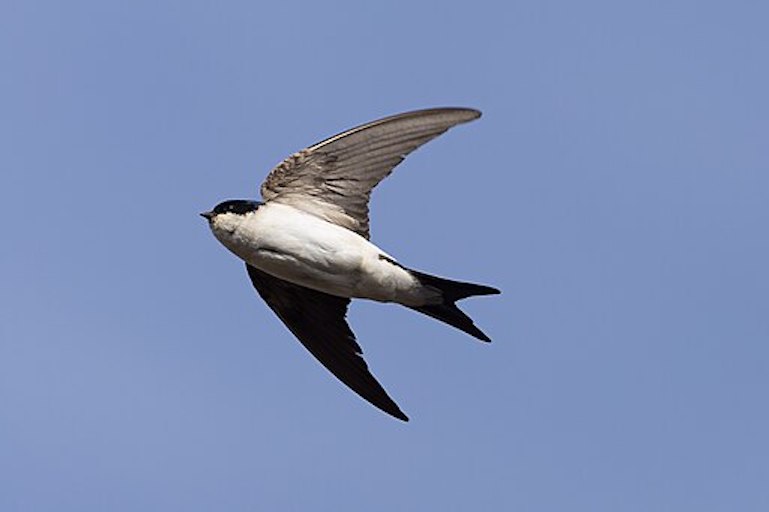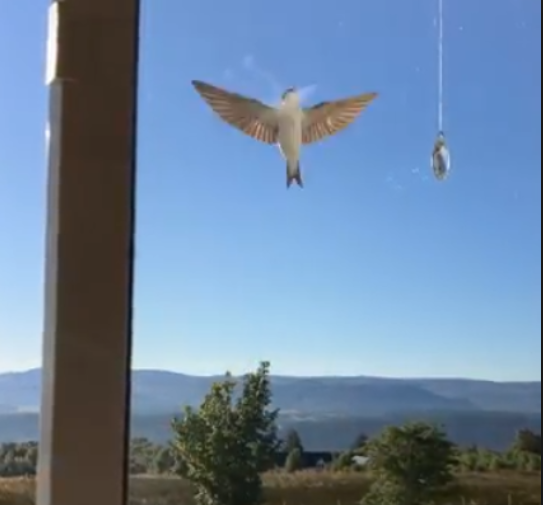
Penelope WhitehornHouse Martin
When we moved back to Scotland in 2022, the house we bought had stood empty for some time – it was cold, damp and our new life suddenly seemed daunting. But there were House Martins, like angels at the windows. The eaves of the house are low, so the mud nests are close outside our bedroom windows and we have the enormous privilege of sharing our home with these beautiful birds through the summer months.
House Martins return from overwintering in Africa in early spring – in our Highland home, this is not until late May or early June. Joyous heralds of the light summer days to come, they swoop and flutter up to the house, exploring what remains of the nests they left behind. Their lives are short, with most only living two years – many nesting this year were only fledged in the one before. Sometimes, with luck, their nests have endured through the winter, so only need a bit of patching. Otherwise, it’s back to the start, and they are built, beakful of mud at a time. We spend time watching them fly – our days pause and are filled with the beauty of their ability to navigate the air, skimming the grasses, twisting, turning to catch flying insects.
All too soon it is September, the new young are fledged, they spend days away. But on sunny mornings, they are back, perhaps to imprint home in their minds. They take it in turns to fly up to the nests, pausing for a moment, wheeling back into the air, a constant chattering. And then they are gone and we are left, slightly daunted by the prospect of the months to come, the dark and the cold.
We long for their return. But each year, there are fewer and the numbers breeding in the UK are falling – particularly in England, which is perhaps related to the very significant decline in insect populations. They are now on the Red list for British birds of conservation concern. A world without these joyous birds would be poorer indeed, we must do all we can to help – encourage insects with reduced chemical use on farms and in gardens, towns and cities, welcome them to our homes, providing spaces to nest.
I stand beside them and hope and pray there isn’t a spring when I stand alone in our garden waiting for the birds that will not return.


